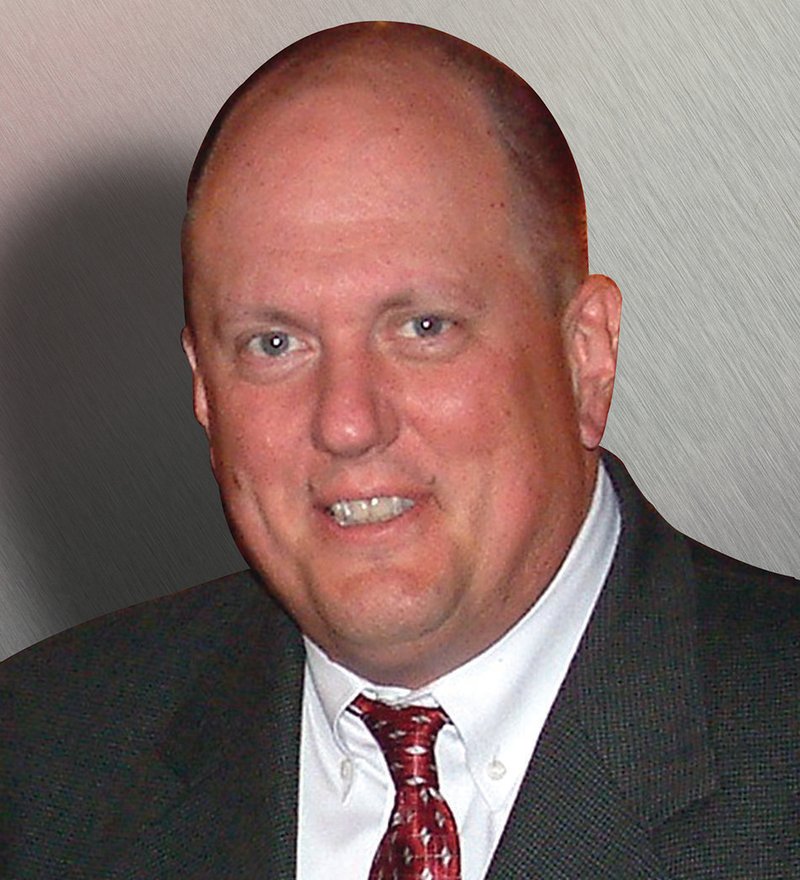 Dave Baiocchi
Dave Baiocchi Diminishing returns
4229 Volpaia Place
Manteca, CA 95337
Phone: 209 652-7511
Fax: 209 923-8843
http://www.resonantdealer.com
Now, more than ever, our industry is trying to leverage their existing assets, and get more production out of fewer resources. This is not news. Nobody looks for ways to waste money. Our efforts however are even more pronounced in an economy besieged by a pandemic none of us saw coming. Planned initiatives we envisioned in the fall of 2019, may have included targeted marketing, data mining, and rental investments. It’s amazing how quickly these strategies go into the dumpster when a cataclysm of this nature disrupts the supply chain and forces our customers into hibernation.
When this happens, the knee-jerk reaction in most dealer boardrooms is to “pull in your horns”, stop investing, and preserve capital. I was a dealer principal for 17 years, and when the water got choppy, (anybody remember 2008?), I felt the natural tendency to do this myself.
There are numerous ways to trim operational expenses. A dealer’s biggest cash draw (much like other businesses) is payroll. Cutting off paychecks is never easy, but certainly has the ability to “right the ship” in the shortest possible time frame. The strategy regarding WHERE (or who) to cut, however, should be predicated on if these decisions are short term, or a more permanent change.
I saw this in 2008. At that time, many dealers cut their sales staff by eliminating their Customer Service Representatives (CSR’s), and shifting the responsibility of long-term customer care to the existing equipment salespeople (ES). Although this feels intuitive, there are pitfalls in this plan. The logic SEEMS solid. Why have TWO of your salespeople walking into the same customer location. Especially in more rural settings where covering the geography is more expensive and time-consuming, it just seems to make sense to have a utility infielder instead of a position player.
The results however clearly show, that if dealers are truly expecting this strategy to give them 2 for 1 return on their investment, they are going to be sorely disappointed. There are multiple reasons why this seldom if ever produces the desired result.
Hunters and Farmers
Although both an ES and a CSR are considered part of the SALES department, the roles that they undertake and the skill sets they need to be successful are very different. I always explain this dichotomy by talking about the difference between a hunter and a farmer.
Hunters have a singular agenda. They are focused on their target (the sale). Their planning and intent are pointed at a single moment in time (the date of decision). Hunters, especially in our business love to get the order. Their skill set is aligned with this process. Scout, Identify, Track, Scope, Shoot, and Bag. After the sale is completed, the hunter, based on a natural proclivity, wants to simply reload and get back out in the weeds to find another target!
Farmers are a completely different construct. Their achievement is measured by their ability to Cultivate, Water, Fertilize, Protect and Harvest. Customer care is a different process than product sales, and it requires an employee who sees their success as a byproduct of customer advocacy and loyalty.
Over the years, having viewed dozens of dealer sales groups across the country, I can say with all assurance that “in general”: Hunters don’t farm very well, and Farmers don’t hunt very well. It’s an exceedingly rare individual who can perform BOTH functions WELL.
Customer Expectations
Some dealerships have NEVER had a stand-alone CSR. The ES team automatically adopts the role of CSR. I am not so concerned about these dealers in the current climate. I could argue that your dealer value proposition and your competitive position in the marketplace could vastly improve if you diversify your service offerings, and actively sell “customer-care” with a dedicated CSR team.
My focus however is on dealers that want to generate a payroll advantage by doubling-up these functions. If your CSR team is productive, and they are advocating for your customers in the way that they should be, then your customers have grown accustomed to this level of active participation. Does your ES have the time to replicate the frequency and the quality of these visits? Unless the customer wants to purchase more equipment, the short answer is no.
The inability to manage customer expectations is the NUMBER 1 reason why dealerships lose business to their competitors. Customers have an expectation and vision of your competitive offering and value. A big part of that value (no doubt), is the relationship that was built with your CSR. It is unlikely that the ES will have the time, or the motivation to provide this level of service for every customer in the territory. If you don’t do something to intentionally interface with that customer and actively manage their expectations, your customer retention rate (at least from a service standpoint) is at risk.
Warranty
Part of the return on the investment of a CSR can be calculated in the warranty department. If a CSR handles the delivery of equipment, and the warranty documentation properly, they can save the dealership from having to constantly issue gratis repairs that rightly are not covered under warranty. The ongoing customer RELATIONSHIP with the CSR, allows them (once again) to manage the customer warranty expectation. As a dealer, you can expect that warranty gratis will be a recurring theme if you choose to consolidate these duties.
Goals and Leadership
Many times, the consolidation of ES and CSR sales teams normally happens in dealerships where the CSR staff is currently ineffective, and their duties are not well defined. Often this condition is caused by a gap in focus and leadership.
Who does your CSR sales team report to?
In some dealerships, it’s the equipment sales manager. If your equipment sales manager also leads the CSR team, consider how this manager is motivated and compensated. My argument with having the sales manager in charge of the CSR team is simple. It’s the same argument for not having the ES assume this role. Skills, Agenda, and Motivation. Most equipment sales managers were former equipment salespeople (Hunters). How can they lead the Farming group if all they do is hunt?
Is your service manager in charge of the CSR’s? This is another popular option. The customer concerns and issues faced by the CSR will normally be in connection with the service department, so why not put the service manager in charge of the CSR team? The biggest reason is that your service manager is not a sales professional. Service managers are concerned with OPERATIONS. Few if any of them have had sales planning, territory management, or marketing backgrounds. Although a service manager can effectively utilize a CSR to be their “conduit of communication” with customers, they rarely concern themselves with GROWING the business. In fact, techs are so hard to find that they may actually resist growth beyond their existing staff.
The most successful service dealerships, however, have an aftermarket sales director. If you want your CSR crew to be effective, and actually grow your service department, you have to have an aftermarket director whose sole purpose and compensation come from the aftermarket departments. He charts the course, sets “hard target” sales goals, holds CSR’s accountable, and leverages the resources of the dealership to achieve consistent growth.
Next month I will highlight what effective CSR’s do with their time, how they should develop their territories, and what their goals and aspirations should be. In a lot of dealerships, the most underserved, underappreciated, and under-utilized employees are CSR’s. This is really easy to fix with some focus, planning, and proper leadership.
The bottom line here is to consider the down-stream consequences before making drastic decisions with your sales staffing, and also to contemplate how these decisions will affect the customer experience. Yes, we need to reduce expenses, but we also need to KEEP every customer!
About the Author:
Dave Baiocchi is the president of Resonant Dealer Services LLC. He has spent 37 years in the equipment business as a sales manager, aftermarket director, and dealer principal. Dave now consults with dealerships nationwide to establish and enhance best practices, especially in the area of aftermarket development and performance. E-mail [email protected] to contact Dave.









